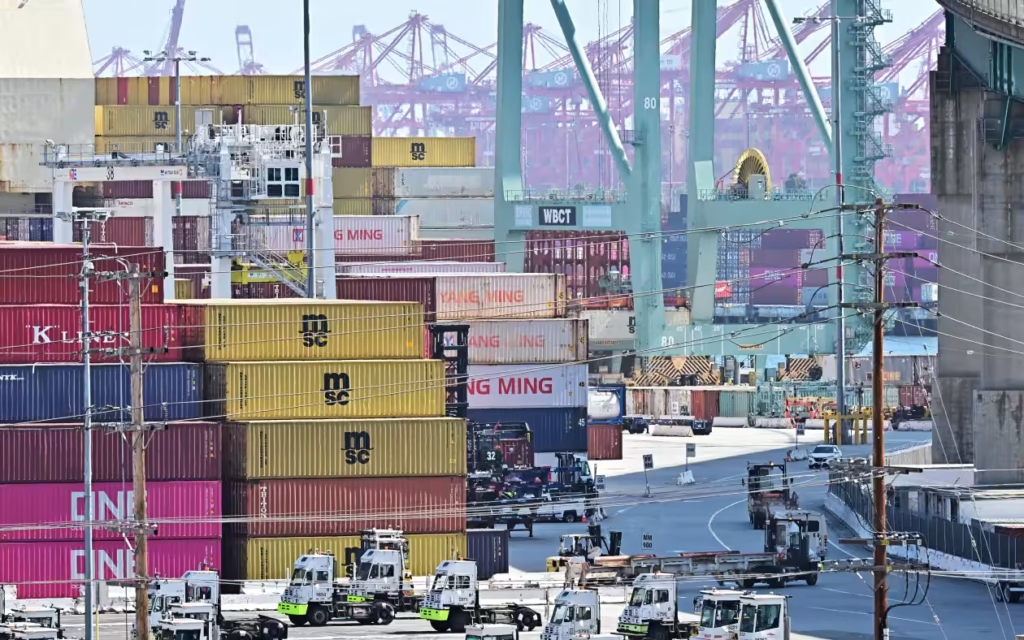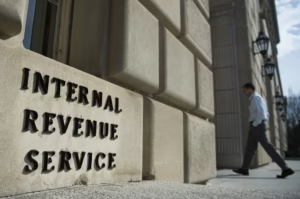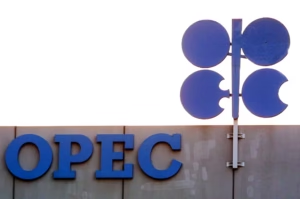The majority of U.S. President Donald Trump’s tariffs have been stopped and then reinstated by federal courts in the last 24 hours, but the import taxes he has imposed on specific industries and is poised to levy on others are unaffected by the rulings.
According to a report released by ING strategists on Thursday, “We expect the pace of sector-based tariffs to accelerate, with additional measures likely to be announced soon,” following the Court of International Trade’s decision to block the Trump charges that targeted nations rather than industries. “In this regard, we warn against too much relief or even complacency at this point.”
Enthusiasm over the trade court’s decision helped the major U.S. market indices, SPX DJIA COMP, open higher Thursday and close with slight gains. Trump’s country-focused tariffs were let to remain in place for the time being by a federal appeals court during the trading session. The Yale Budget Lab predicts that if those charges are removed, the average effective U.S. tariff rate will be about 7%, down from over 18%.
Because the court rulings this week were issued under a different national security rule, Section 232 of the Trade Expansion Act of 1962, they have no bearing on Trump’s current sector-based tariffs, which include his 25% duty on imported steel and aluminum and his 25% levy on imported cars and many auto parts.
Section 232 tariffs are anticipated to affect several other industries as well, and the necessary research for these levies has been ongoing for weeks or months. In addition to ongoing investigations based on Section 301 of the Trade Act of 1974, a provision pertaining to unfair trade practices, other sectors are expected to face new levies.
Pharmaceuticals PJP, semiconductors SMH, shipbuilding, medium- and heavy-duty vehicles, essential minerals, seafood, cranes, copper (HG00), lumber, and aviation are among the industries that could be subject to additional tariffs as a result of these probes, according to the ING strategists. Below is a chart that they have created.
Samsung Electronics Co. (KR:005930), Apple Inc. (AAPL), and other smartphone manufacturers seem likely to be affected by the highly expected Section 232 tariffs for semiconductors.
Analysts saw Trump’s warnings last week that these businesses would be subject to import charges of at least 25% as being connected to his administration’s efforts to impose tariffs on semiconductors. While authorities at the time emphasized that cellphones and other gadgets will soon be subject to their own chip-focused penalties, the Trump administration in April exempted them from some recently imposed tariffs.





